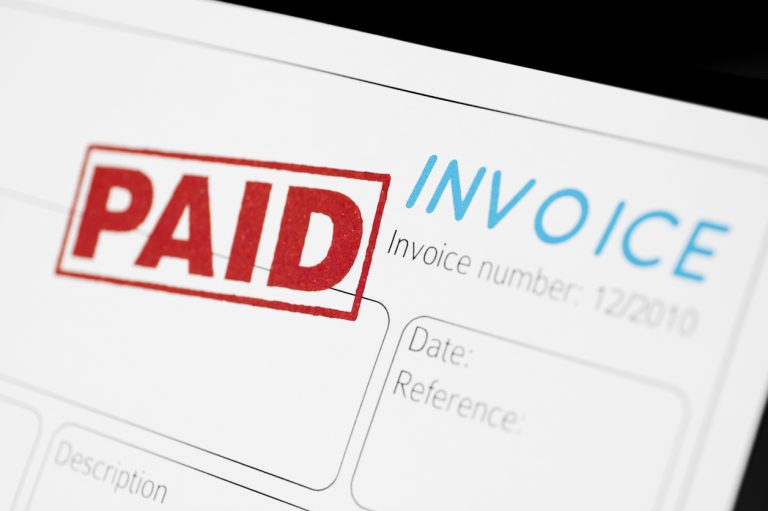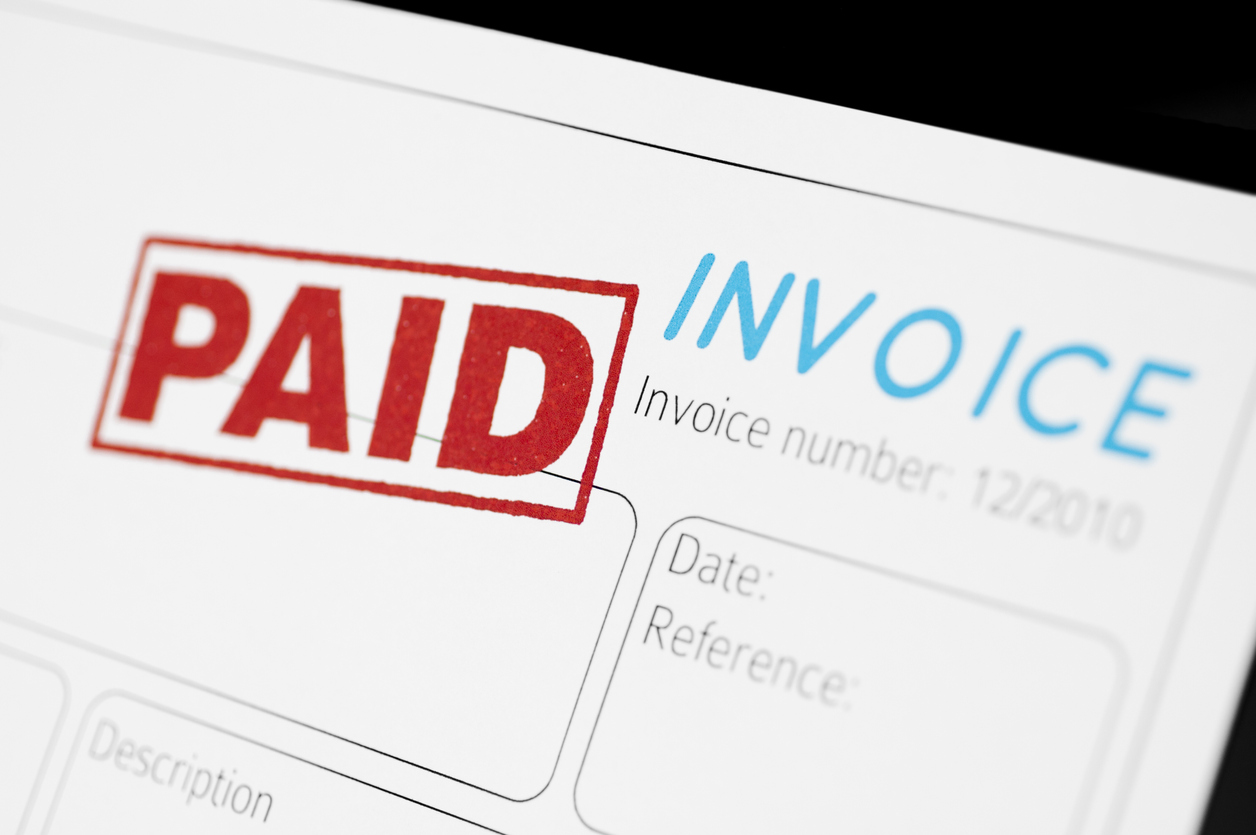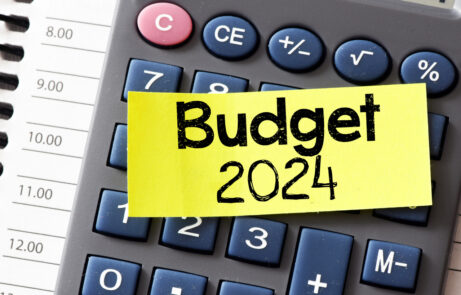Chasing unpaid invoices can be quite stressful and time-consuming. If you are a business owner, it is important to understand the typical errors that many companies make when attempting to recover unpaid debts from customers.
Recently, GGFL’s Anne Van Delst sat down with Eric Pierre, of Unik Credit Management, to discuss common mistakes companies make when invoicing customers. As a co-owner of his family-run collections agency, Pierre was able to apply his experience to the matter and shed some light on the best practices for getting paid, mistakes to avoid, and when you may need to call in professional help.
Mistake #1: Not Having an Established Invoicing Policy
Developing a consistent invoicing policy and sticking to it is essential for getting paid on time. Starting with the very first invoice, make sure each invoice includes clear payment terms and due dates. As part of your policy, specify when reminder statements will be sent and stick to that plan. If you decide that reminders should be sent one week before invoices are due, automate that process for all your outstanding invoices.
A particular tip mentioned by Pierre was to “make sure your policy also states any late fees or interest that will be charged if a customer does not meet their payment obligations. This often gives payees an incentive to ensure that they are paying any outstanding balance before their 30 days are up.”
Mistake #2: Delaying Follow-Ups
Automated reminders are important, but so too is regular personal contact with your clients. When it comes to this common mistake, Pierre provides a clear solution: “If you want to avoid hiring a collections agency and lose a percentage on your income, you need to have a process where you’re in constant communication with your clients.” That way, it will feel less awkward to get in touch with a client to find out why they haven’t paid, and offer help to resolve the situation quickly and efficiently.


Webinar Recording: Collecting What’s Owed: Practical Steps to Keep The Cash Flowing
Businesses and consumers everywhere are navigating strong financial pressures in the form of inflation and high interest rates as well as uncertainty about the overall…
Learn more >Mistake #3: Poor Keeping Records
Another common mistake that leads to chasing unpaid invoices and unsuccessful collection efforts is not keeping good records of all communications with clients regarding payments. Pierre urges business owners to do their due diligence with every client by keeping a strict log of all contact, suggesting that “all emails, phone calls, letters, and any other forms of communication should always be saved. This will help protect your interests if it becomes necessary to take legal action against a client who refuses to pay their bill.”
Also, before completing any work, make sure that all relevant payment information is collected from your customer up front. Developing a payment plan or making payment easier might streamline this process, and may include offering your clients alternative ways to pay, such as PayPal or Stripe. The more methods of payments you make available, the greater the convenience for yourself, and your client.
Mistake #4: Failing to Add Interest to the Invoice
Do not forget to add the interest charges for late payment to each invoice. Pierre points out that “by not including interest and the date when it will be applied on your initial invoice, you’re really just agreeing to a reduced payment. To avoid this, you must add interest to the original statement – not just the follow up bills.”
Interest should be applied annually, not monthly. “I’ve noticed that people often add a 2% interest rate on their monthly overdue invoices. But you need to be adding a per annum total on every statement, otherwise, you may not be able to collect the full overdue amount if legal action must be taken and the account goes to collection.” He added that 24% annual interest rate charged on overdue invoices is very reasonable.
Mistake #5 – Agreement to New Payment Terms Without a Deadline
In some circumstances, business owners end up agreeing to new payment terms or a reduced total fee. When both parties agree to new payment terms, make sure that deadlines to comply with the new terms are added to the agreement. “If it is a $5,000 account and you are offering a settlement for $4,000, make sure you have a date for that settlement. The agreement should state that if the reduced fee is not paid by a specific date then the original full amount will be due.”
When to bring in a collections agency
Typically, an account is considered delinquent after 90 or 120 days. “If at that point you have sent out all your letters and monthly reminders, it is very reasonable to send your account to collections.” Pierre encourages business not to wait too long, even if it means incurring the cost of a collections agency. “After one year, that debt is worth half its value just on the chances of being able to collect. If you wait two years you legally do not even own that debt as you cannot take legal action because of the statute of limitation in Ontario.”
While chasing unpaid invoices may be a natural part of the business world, these tips can help make the process easier and more successful. As experts in collections and invoicing strategies, Unik Credit Management maintains a focus on assisting clients with developing policies and tactics for a sustainable invoicing procedure; owner Eric Pierre insists that by applying these tips to your invoicing routine, you can avoid having to hire a collection agency and losing money on your account.


How to Sell Your Business Guide
This guide to selling your business sets out the steps, processes, and options when selling a business that can help business owners maximize the return…
Learn more >






